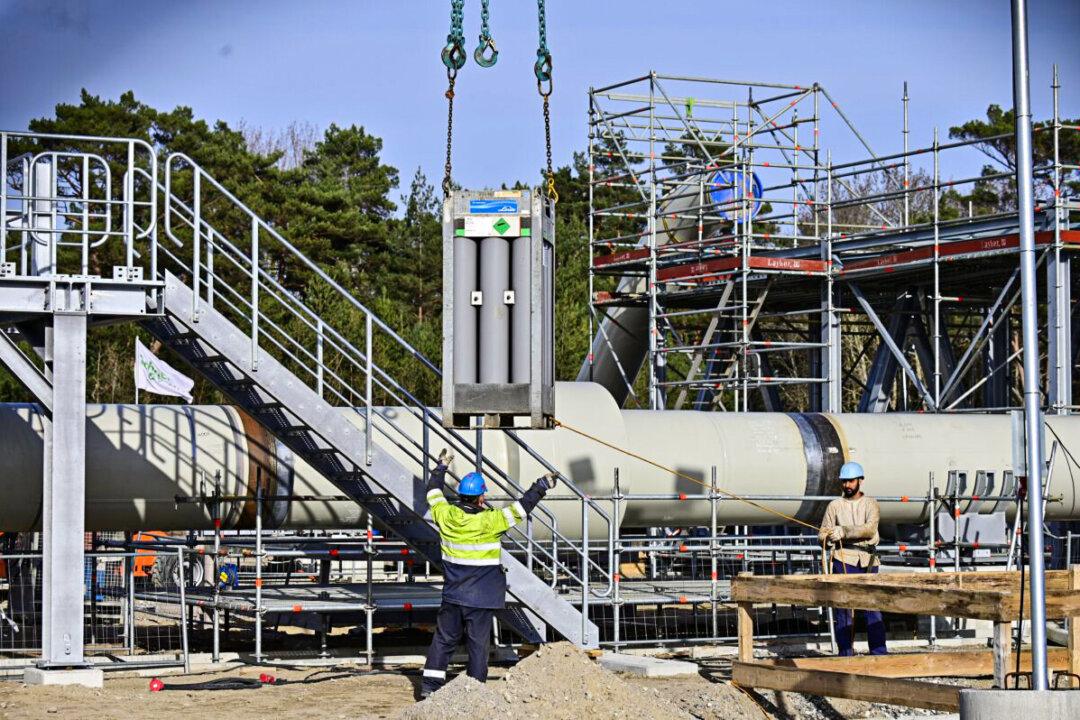The major Nord Stream 2 gas pipeline connecting Russia to Germany won’t go ahead if Russian troops invade Ukraine, State Department spokesperson Ned Price told NPR on Wednesday.
Construction of Nord Stream 2 began in 2018, and by 2019, it was complete in Russian, Finnish, and Swedish waters, with the majority of the work also complete in German and Danish waters.




